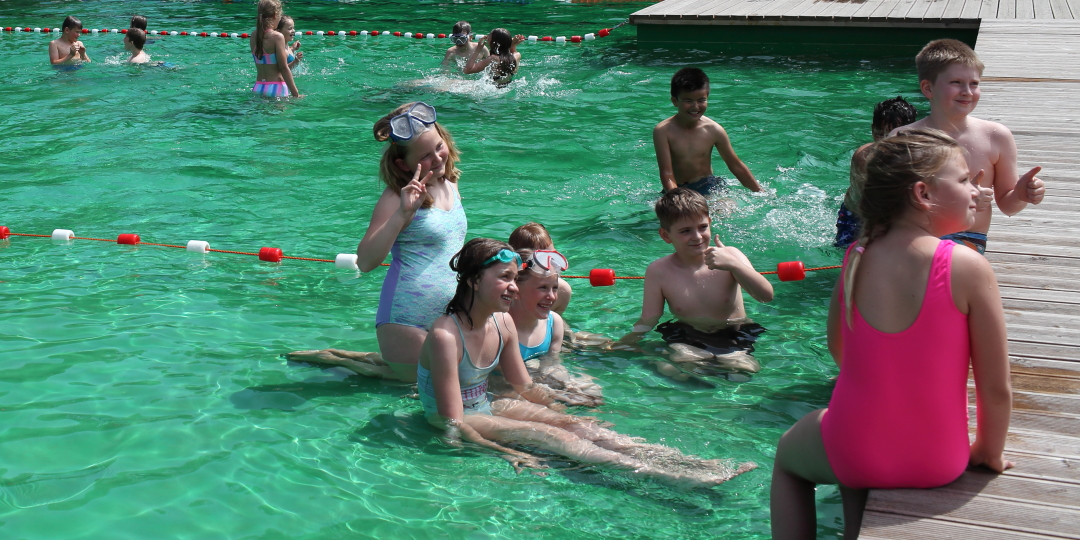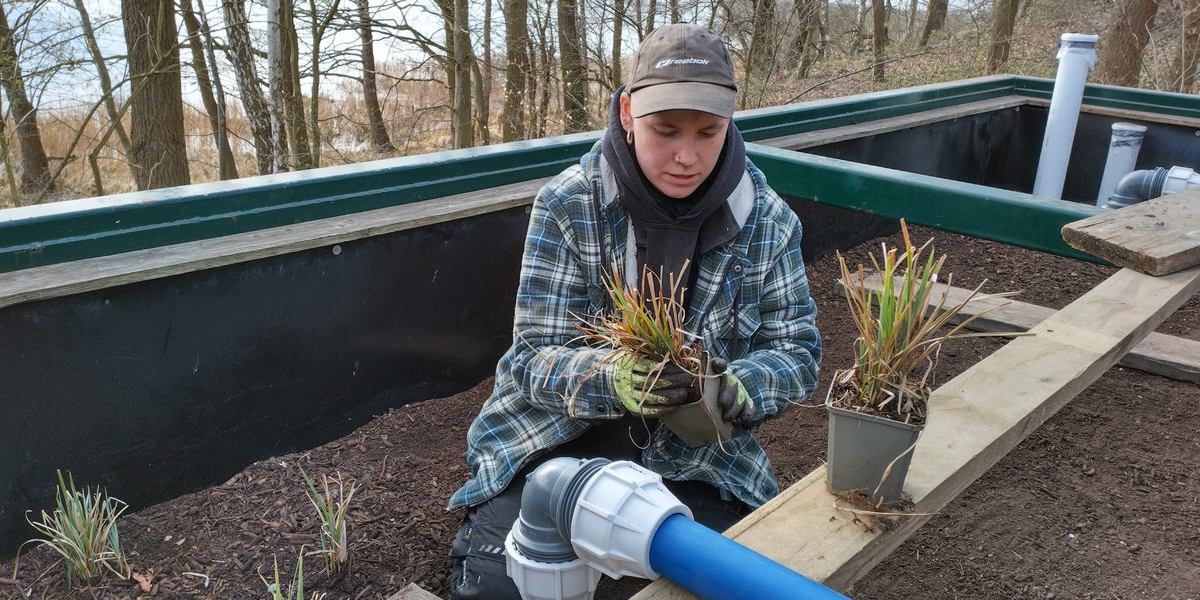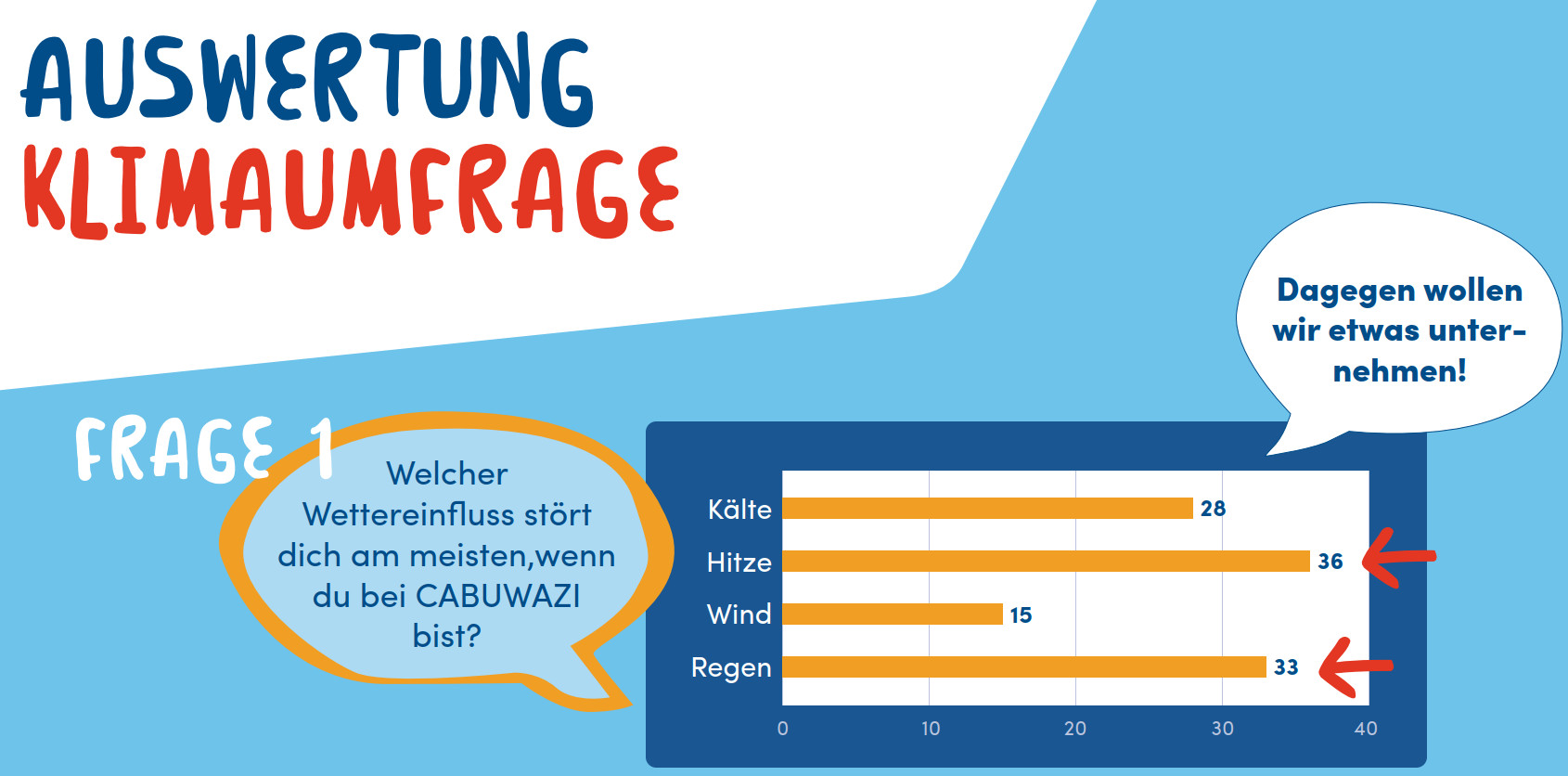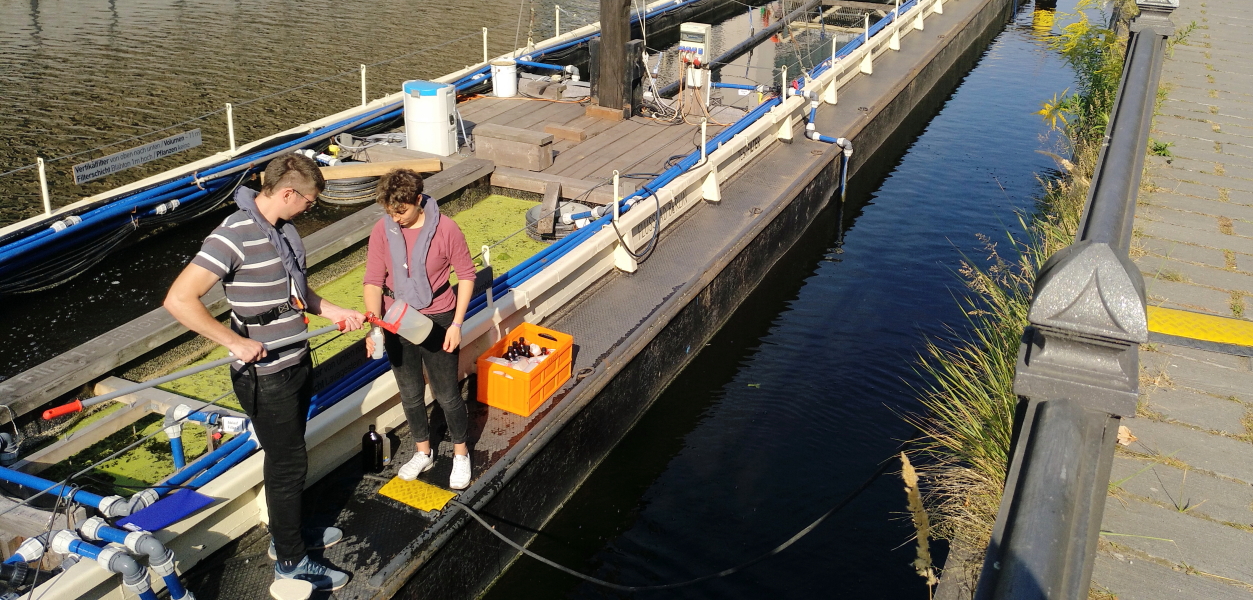

River bath Berlin: Research results presented
"Am Palmsberg" WWTP (40,000 p.e.) Denitrification stage optimized and energy saved
Public swimming pool with biofilter in Neustadt (Dosse)
In bright weather, on the first day of loosening the Covid-19 lockdown in Brandenburg, Mayor Karl Tedsen and District Director Dieter Fuchs together with Katrin Covic, head of the citizens association Aktives Neustadt, opened the newly designed outdoor swimming pool in Neustadt an der Dosse on June 3, 2021. For nine years, citizens had to wait for the renovation of the old dilapidated swimming pool. Today, a biological filter replaces the water treatment that used to be operated with chlorine chemistry.
During the fundamental renovation, a diving facility with a 1-meter board and 3-meter tower was added to the pool. This resulted in an elaborate extension and redesign of the old concrete pool. The lining of the approximately 540 square meter pool with a high-quality PVC-free foil as well as the access via a natural wooden walkway now convey a warm and natural impression. The shallow access via the non-swimmer area is based on natural shallow banks, is barrier-free and invites the little ones to splash around.
The biological water treatment system consists of a simple soil filter located away from the bathing area. The substrate provides a large surface area for microorganisms to grow. Their task here is to break down organic pollutants, which can be carried in by bathers but also by the adjacent vegetation or birds. The advantages of this natural process lie in its adaptive properties and the avoidance of chlorine-organic compounds that would otherwise be produced during chlorination. This means that the biofilm grows with its tasks: if the food supply in the biofilter increases, the biomass grows and increases the purification capacity. However, natural systems are comparatively sluggish, so a training period is required.
The focus of natural bathing water treatment is on the reduction of germs and phosphate. While undesirable bacteria are preyed by the protozoa on the biofilm, phosphorus can only be adsorptively bound to the filter material. For this purpose, the biofilter was supplemented by a regenerable phosphate filter, because the more phosphate is bound there, the clearer the water in the bathing pond remains.
With this solution, the city of Neustadt (Dosse) opted for a cautious renovation of the public swimming pool, taking into account the existing building fabric. The regional planning offices s quadrat m, freelance architects Sylvia Markau and Steffen Michaelis from Kyritz and VORLAND, landscape and open space planning Susanne Geitz from Wulkow were entrusted with this task in conjunction with the specialist planning office for ecological water treatment AKUT Umweltschutz Ingenieure Burkard und Partner, Heribert Rustige.
Contact: Heribert Rustige


